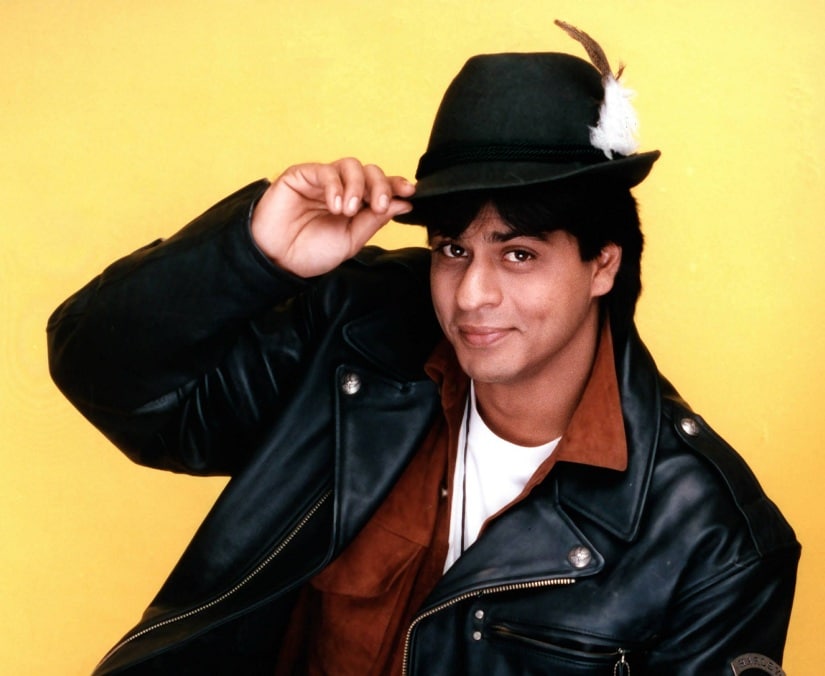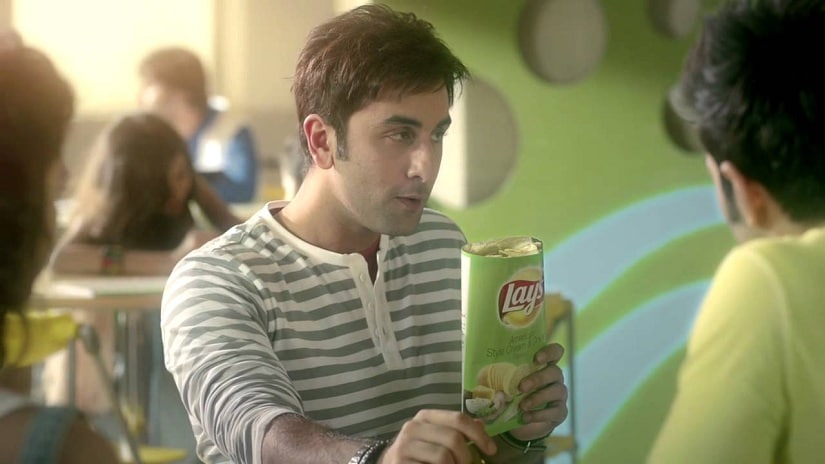Bollywood, as has been the case in the last two decades or so, makes a great deal of noise about itself. Newspapers are full of stories about what even the minor stars like to eat, where they go on vacations, or their favourite pets. Talk shows on television featuring Bollywood’s stars and directors are deliberately constructed so as to make the participants appear as the liveliest and most interesting people around. The conversations do not sparkle, but one would not be able to guess this from the spontaneous laughter, the bonhomie, the camaraderie and the constant acknowledgement of each other’s wit and repartee. There is a perpetual effort to make everything froth and bubble, but the lacklustre films and the fading actors — with no replacements arriving — do not bode well for cinema. There is stale air around stars like Salman Khan, Amitabh Bachchan and Deepika Padukone that no publicity dispels. Most unfortunately, some actors who were once of high calibre like Irrfan Khan, seem to have become spent. One wonders if the man endorsing tyres or deodorants is the same man who once gave us goose bumps in films such as Haasil (2003). A star who still comes up with surprises is Aamir Khan, who is also careful not to be seen too often or become over-exposed in the media. He has also tried to embody characters rather than relying on his star appeal; he has, in effect, rarely appeared as ‘himself’.
This makes one wonder if it is the constant appearances of stars in banal contexts that depletes them and erodes their effect upon us.
For instance, Padmavati has been at the centre of much debate, but isn’t the whole prospect of seeing people who routinely endorse breakfast cereal or condoms as figures from legends ludicrous? [caption id=“attachment_4293189” align=“alignnone” width=“825”]  Deepika Padukone in an ad for the Kellogs Special K product. Youtube screengrab[/caption] Indian film stars, unlike those in Hollywood, need to redefine themselves often. Hollywood stars are associated with genres — stable categories which do not go out of fashion in the short term. The western genre, for instance, had an audience for nearly a century and its films featured stars like John Wayne and Clint Eastwood. Similar generic categories are less evident in India, although some like the mythological film did have a long run. This means that actors cannot associate themselves with certain chosen narratives but must essay a variety of roles over time, that is, shed their personas to remain acceptable. The Dilip Kumar of Naya Daur (1957) is unrecognisable from the Dilip Kumar of Babul (1950). This is not like a character actor doing impersonations; the image of the actor undergoes a fundamental change to adjust to new kinds of narratives shaped by the public anxieties or concerns related to the moment – like the Independence movement, Nehruvian modernity, and globalisation. As has been argued before, Shah Rukh Khan’s anti-hero role in Baazigar (1993) was prompted by fears with regard to the moral fabric of the nation, with the official jettisoning of Nehruvian socialism in 1991. Mainstream Hindi cinema is, by and large, androcentric and this means that the woman’s role is more passive; female stars do not transform as sharply, although some, like Nargis, have played different kinds of roles (Andaz, Mother India). This need for reinvention puts pressure on the actor-star who could be making the wrong choices with regard to roles, and this uncertainty makes it difficult for the star to cultivate a single persona. Most stars – from Amitabh Bachchan to Shah Rukh Khan – therefore constantly risk perceptual incongruity, that is, being cast in roles which cannot draw from their own personas. Even when an actor attains true acclaim with a role, they cannot continue in the same vein. But all that eventually remains in public memory are still these few key roles, such as that of the angry young man for Amitabh and _Dilwale Dulhaniya Le Jayenge’_s Raj (1995) for Shah Rukh Khan. Just as regional cinema megastars become emblems for local identity, Bollywood stars embody national concerns. [caption id=“attachment_4293191” align=“alignnone” width=“825”]  Shah Rukh Khan as Raj from Dilwale Dulhania Le Jayenge. Image from Facebook/@DilwaleDulhaniaLeJayenge[/caption] The persona of the Hollywood star is diligently cultivated, which implies that the actor values it, and with due reason. In 2009 Robert De Niro and Al Pacino sued a watch manufacturer for using a film they appeared in to promote its merchandise. This was not only because the watch manufacturer had no prior arrangement with them but also because being associated with products could harm a star’s image. The public emotionally invests itself in the star — who represents a kind of character ideal — and the perception that the star’s persona is valued so little by them that it is used to promote products might harm it. Each star’s filmography is a key component in the public interpretation of any role taken up in the future, and letting the banality of advertising intrude into this history can be damaging. Hindi film stars are not allowed to stick to one kind of role, but their physiognomies ensured some continuity in the characters they were playing. Their appearances decided what kind of roles they would get – like Rajesh Khanna doing romantic films and Dharmendra getting ’tough guy’ parts. But this, I will argue, changed drastically with the arrival of colour television and the mushrooming of TV channels, when the endorsement of the star became useful in selling products.
But Bollywood, it would appear, saw a two-way advantage in this; on the one hand stars would earn from the endorsements while on the other they would remain in the media glare without even being in films.
This second advantage has been evident in the case of newcomers like Ranbir Kapoor – star kids who appeared in advertisements, thus providing a preview of their qualities before their first films were out. The advertisements are showcasing both the products and the star. As actors who are celebrities even before their debuts, khandani stars already have brand value, and they use it. One recollects the expectations from a young Amitabh after Anand (1971) and the whisperings about Amjad Khan around Sholay. But today, when a star is to arrive on the scene, it is often as though we already know them well and there is little excitement. [caption id=“attachment_4293187” align=“alignnone” width=“825”]  Ranbir Kapoor in an ad for Lays. Youtube screengrab[/caption] Since the products endorsed by stars are so diverse, it is also difficult for the them to pick out roles most suited to them, and the star power never develops in any direction on its own. Established stars expose themselves in so many banal contexts that there is confusion in the minds of the public over their persona and audiences find it difficult to respond to their star power. This point is only proved by the fact that while Nargis from Mother India, Amitabh from Deewar, Amjad Khan from Sholay and Rishi Kapoor/Dimple from Bobby are all still fresh in our minds, it is difficult to recall one iconic performance from the films mainstream Hindi cinema has offered in the last decade. The star is an important part of Bollywood and their persona is often the vehicle on which the message of the film rides. The weakening of the star is therefore indicative of the weakening of cinema itself. Perhaps stars should begin reconsidering the next time they are asked to endorse domestic appliance brands or automobiles. Appearing in ads may ensure their continued visibility on television when there are no immediate releases, but it is ultimately detrimental to their stature as entities with heavy public emotional investment. MK Raghavendra is a film scholar and author of seven books including The Oxford India Short Introduction to Bollywood (2016).


)
)
)
)
)
)
)
)
)



